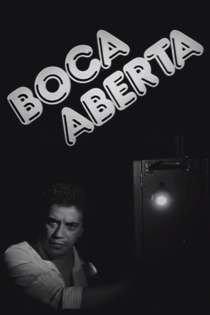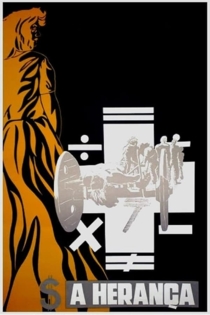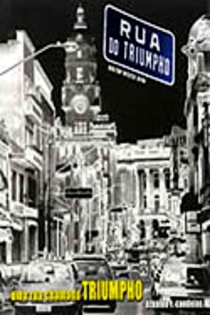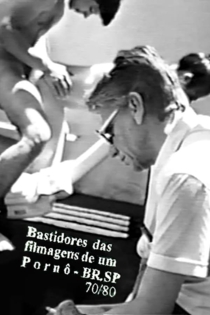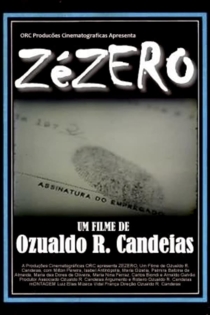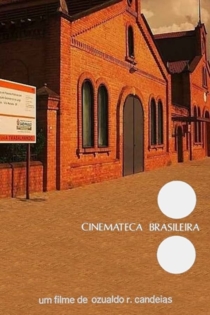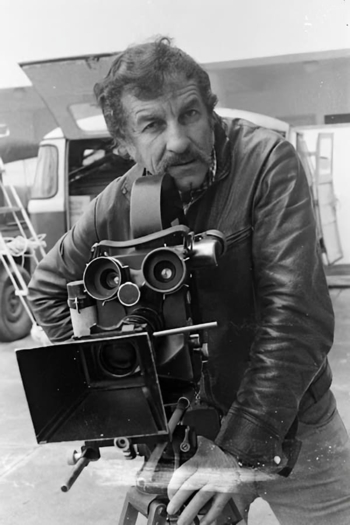
Ozualdo Ribeiro Candeias
1918 - 2007Candeias is believed to have been born in 1918, but was only registered in the town of Cajobi, in the state of São Paulo, in 1922. He worked in a number of jobs, from aeronautics sargent to truck driver. A self-taught filmmaker, he released his debut feature "A Margem" in 1967, a starting point for the Cinema Marginal movement (also dubbed Cinema de Invenção), which would forever change paradigms in the history of Brazilian cinema. Longing for distribution company for it, he turned to the Boca do Lixo, a block in downton São Paulo then known as a stronghold to independant filmmakers. A passionate advocate for the Boca, he paid homages to it in both short and feature films.
His work is composed of numerous shorts and feature-length films, mostly depiciting life of communities either in urban or rural Brazil dealing with life in poverty. Among the genres Candeias has worked with are horror, western, exploitation and drama, although his films are hard to categorize due to their experimental nature. Although a few of his features met commercial success, such as 1969s "Meu Nome É Tonho", Candeias' films had a notoriously small audience during his lifetime. "Caçada Sangrenta" (1974) and "A Freira e a Tortura" (1983), two of his features aimed at a more conventional public, emerged from a deal with producer/actor David Cardoso, who had previously starred in "A Herança" (1971), Candeias' take on Hamlet reimagined as taking place in rural Brazil. Candeias' picture "AOpção ou As Rosas da Estrada" (1981) won the Bronze Leopard at the Locarno Film Festival. His last feature, "O Vigilante" (1992), won the Special Jury Award at the 25th Brasília Film Festival, but was never distributed at the theatres.
The Option
Ozualdo Ribeiro Candeias
Carmem Angélica, Nere di Passi
The Option centers on a group of rural women who cut sugar cane and live in ramshackle highway neighborhoods. For many, their only escape to a potentially better life is through prostitution, often with truck drivers.
The Option
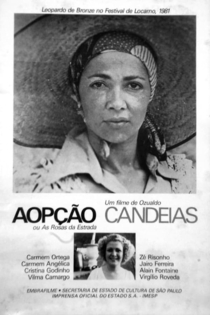
O Bom Cinema
Eugênio Puppo
Carlos Reichenbach, Rogério Sganzerla
An authentically marginal cinema created in Catholic university in Brazil. One of the most intriguing and imaginative moments in modern cinema in the voice of some of its select conspirators—with Carlos Reichenbach at the lead—, and through the most razing flow of images that can possibly be conceived.
The Good Cinema
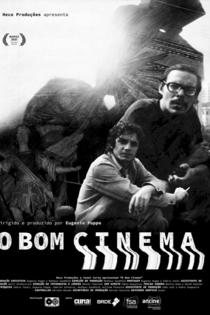
The Margin
Ozualdo Ribeiro Candeias
Valeria Vidal, Bentinho
On the banks of São Paulo's Rio Tietê, a poignant tale unfolds, featuring a tapestry of characters existing on the fringes of society. Prostitutes, a pimp, a mentally disabled man, and others marginalized by fate lead lives mired in hopelessness, devoid of any prospect. Trapped in the relentless cycle of their ordinary yet despairing existence, they yearn for release, anticipating the embrace of death as their only salvation—a collective passage onto the harrowing vessel of damnation.
The Margin
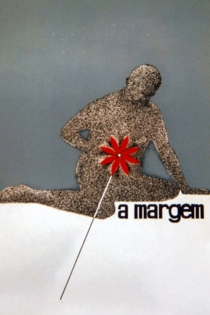
O Bandido da Luz Vermelha
Rogério Sganzerla
Paulo Villaça, Helena Ignez
Born and raised in the misery of Brazilian slums, Jorge becomes a luxury house burglar in São Paulo and gets nicknamed "The Red Light Bandit" by the sensationalist press. In addition to wearing a red flashlight, he talks to his hostages in an irreverent tone and makes bold breakthroughs to later spend the money extravagantly. His world is the decadent neighbourhood of Boca do Lixo.
The Red Light Bandit
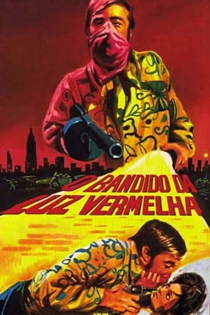
Meu Nome é Tonho
Ozualdo Ribeiro Candeias
Jorge Karan, Bibi Vogel
As a child he was kidnapped by gypsies that raised him, without he ever knowing his parents. As a young man Tonho leaves the gypsies and go live by himself, meeting in his way a beautiful woman, who lost her brother, and a dangerous gang of violent criminals.
My Name Is Tonho
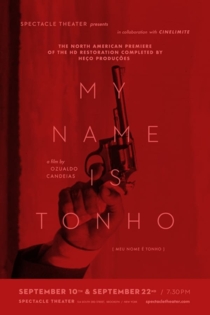
Orgia ou O Homem Que Deu Cria
João Silvério Trevisan
Jean-Claude Bernardet, Cláudio Mamberti
A countryman kills his father and heads for the big city. On his way, he meets the most bizarre and allegorical types: a robber, a drag queen who thinks he's Carmen Miranda, a black king, a fallen black angel, a priest, two whores, a pregnant cowboy, among others.
Orgia ou O Homem Que Deu Cria
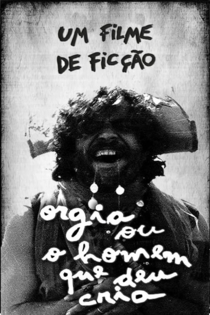
Manelão, o Caçador de Orelhas
Ozualdo Ribeiro Candeias
Nabor Rodrigues, Jack Barbosa
In a card game, Manelão loses his horse. Suffering from a venereal disease he looks for a pharmacist who colluded with a colonel. The pharmacist heals him in exchange for an execution. Then, he quickly becomes a hitman.
Manelão, o Caçador de Orelhas

